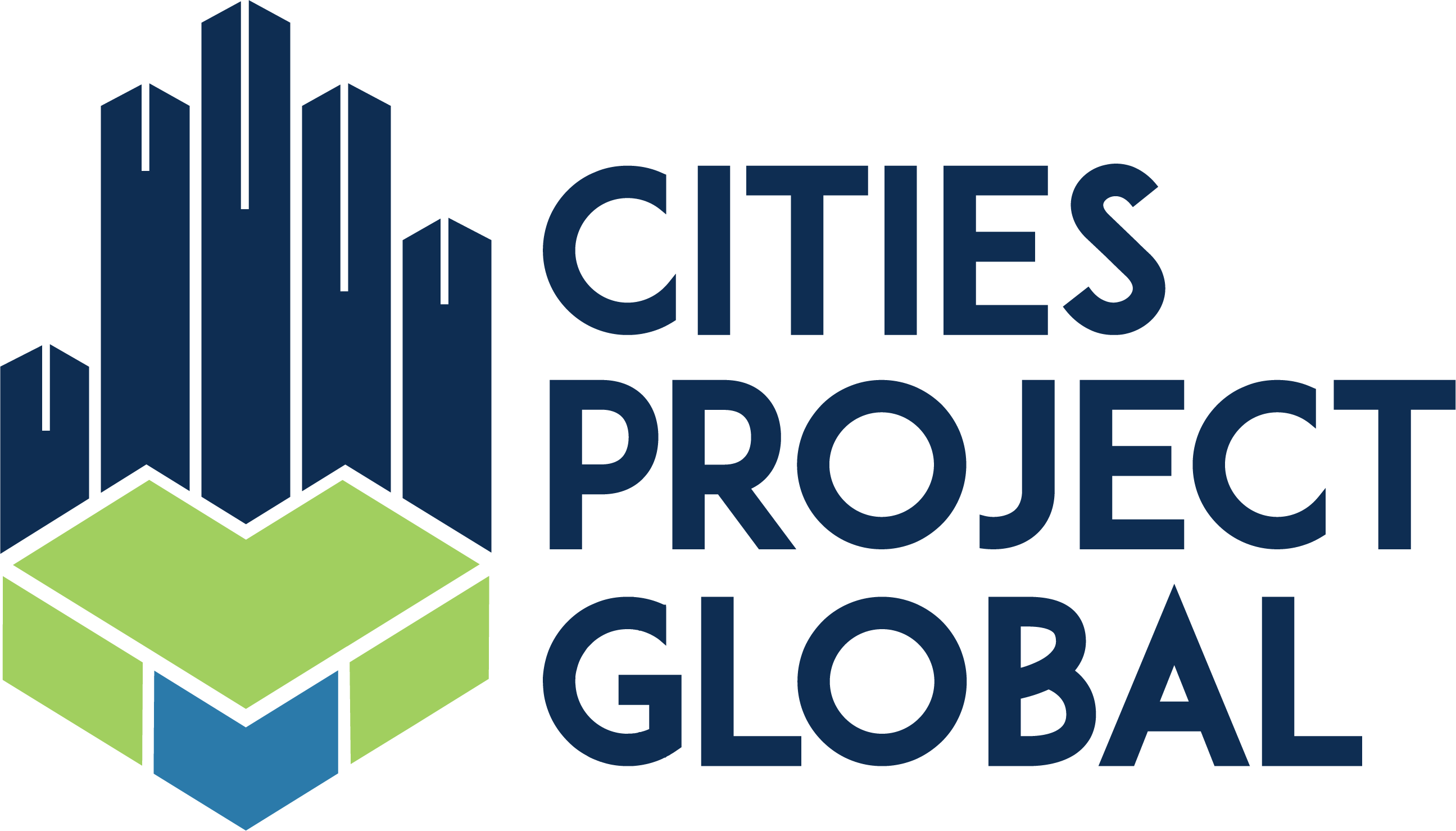Have you ever sat through a lecture, presentation, or even a sermon, doing your best to listen and absorb the information—only to find that while you might have come away possessing some new information, it didn’t seem to make any meaningful difference in your life?
Most of us have been there, and not because of a lack of attention, energy, or ability to grasp what is being said. Anyone can comprehend something while still gaining very little from it. That’s because knowledge—gaining information and understanding it—is distinct from wisdom, which is knowing how to apply and integrate that knowledge across different settings. And wisdom is gained not only from experience, but the key ingredient of perspective: the ability to see things from different points of view and bring it all together.
Expanding your perspective and being able to adjust it from situation to situation is like being able to use a powerful telescope. If you only have one or two ranges you can see clearly through your lens, and the rest is blurry, you miss out on certain details, which means you miss out on the full picture. But if you can see clearly through the whole range of your telescope, you’re able to see every detail and how it relates to the bigger picture, those around you, and your place in it all. In turn, that means you’re better able to live out your purpose and create transformation in your sphere of influence.
So how do you go about intentionally cultivating perspective in day-to-day life, as well as perhaps discovering a new one that might transform your entire outlook on life?
Be mindful of humility and openness
The word humility comes from the Greek tapeinophrosune and carries a number of closely related meanings around “modesty” and “lowliness.” Sometimes humility is talked about in terms of our lack of ability to earn our own salvation, thereby needing to come to God as people who possess nothing—and sometimes humility is more concerned with issues relating to social status. But all senses of the word have to do with setting aside ego, and for our purposes we will be focusing mostly on the translation “lowliness of mind.”
A “lowly” or humble mind is an unpresumptuous one, not prone to falling into the trap of thinking it knows everything. In contrast, a proud mind “sees what it sees,” so to speak. It is fixed on one picture, which it is convinced is the right picture. A proud mind shuts out new perspectives, but a humble one is receptive to new points of view.
Having a humble mind doesn’t mean devaluing the knowledge and truth you do possess; it just means understanding your own limitations and making space for new and sometimes challenging insights. We can’t gain a new perspective on anything if we’re not open to it in the first place.
Continue to engage with the Word—regularly and meaningfully
“But people shouldn’t be open to just anything,” you might think. And there’s truth in that. After all, the Bible also tells us to guard our hearts and minds, and there’s a lot in the world that we wouldn’t want to freely absorb. Here it becomes necessary to practice discernment. We shouldn’t be indiscriminately receptive to everything—but we shouldn’t be fearfully opposed to everything either. After all, we are called to live in freedom, not fear.
The solution is simple, and it’s also part of the regular practice of gaining perspective: spend time interacting with scripture regularly and deeply. The Word is our source of truth and knowledge. It gives us the discernment we need, and it is also the raw material from which we draw wisdom and perspective.
Rote learning is shallow in meaning, so engage actively: ask “why” questions, examine how what you read relates to what you already know and have experienced, and spend time reflecting on what it could mean for you in a practical way.
The more familiar we are with God’s nature and story, the more our discernment and perspective both grow.
Seek other people’s point of view
One reason small groups are so enriching is because of the natural perspective-building trusted community members contribute to. Studying scripture on your own is beneficial and deepens your relationship with God, but when you explore a sermon or passage in a group, other people pick up on details that you might have missed simply because they have other experiences and stores of knowledge that they’re coming from. They might have another passage in mind that they can see a common theme in, or they might have a life story that demonstrates how the topic at hand is directly applicable.
When we explore biblical truth through relationship with others, it becomes more personal—embodied heart knowledge, rather than just head knowledge. It’s where perspective meets action and grows into wisdom, and it’s where the seeds of transformation are planted and grown.
At Cities Project Global, we believe that creating a shift in perspective is key for many people to better understand their role in God’s story. We also believe that the most profound personal and cultural transformation happens in community. Our upcoming group study, VantagePoint™, is soon to be released, and it’s designed for you to examine your place in the world by exchanging perspectives with your trusted small group community as well as discovering an entirely new perspective about God’s purpose for you as an individual.


Recent Comments